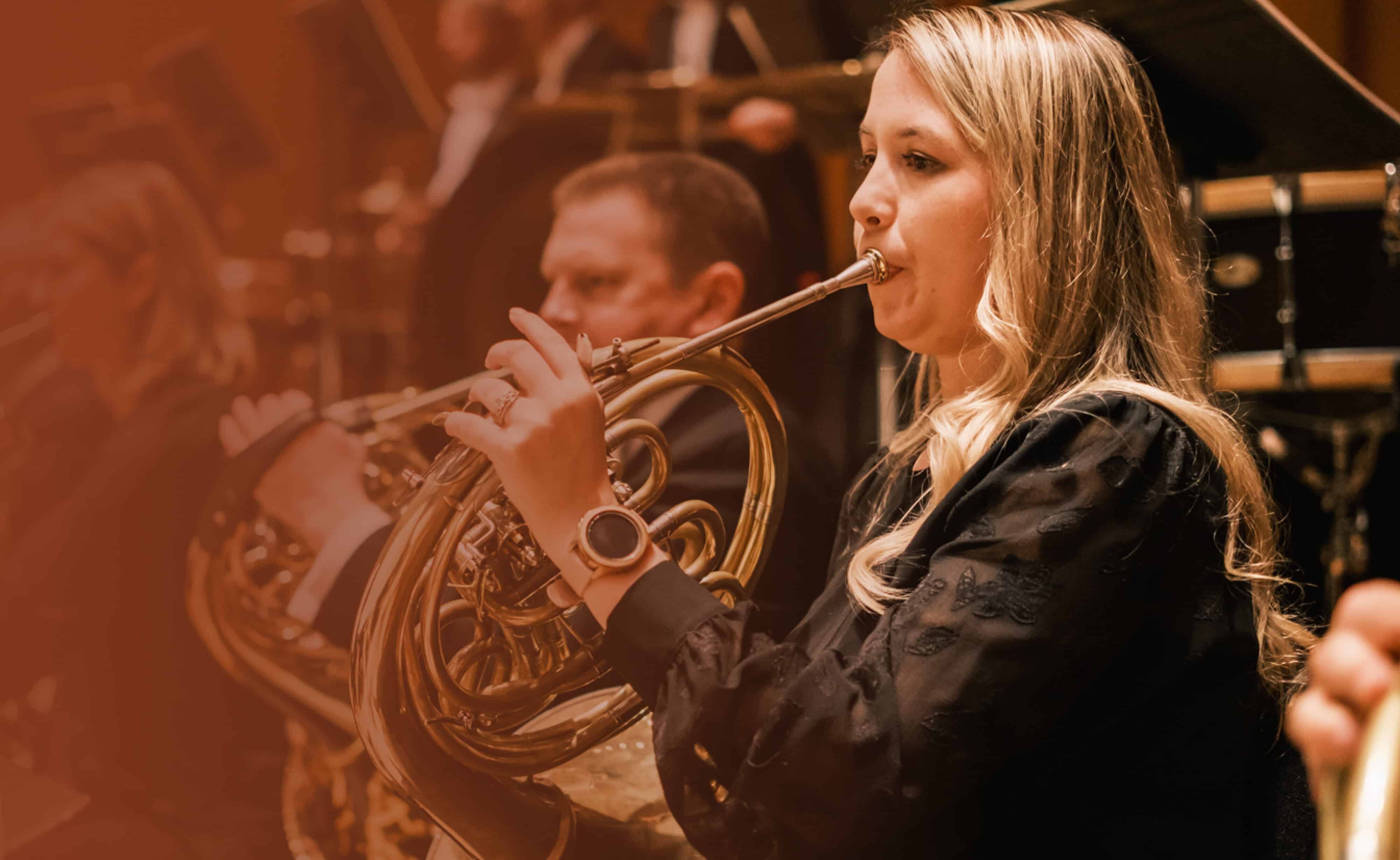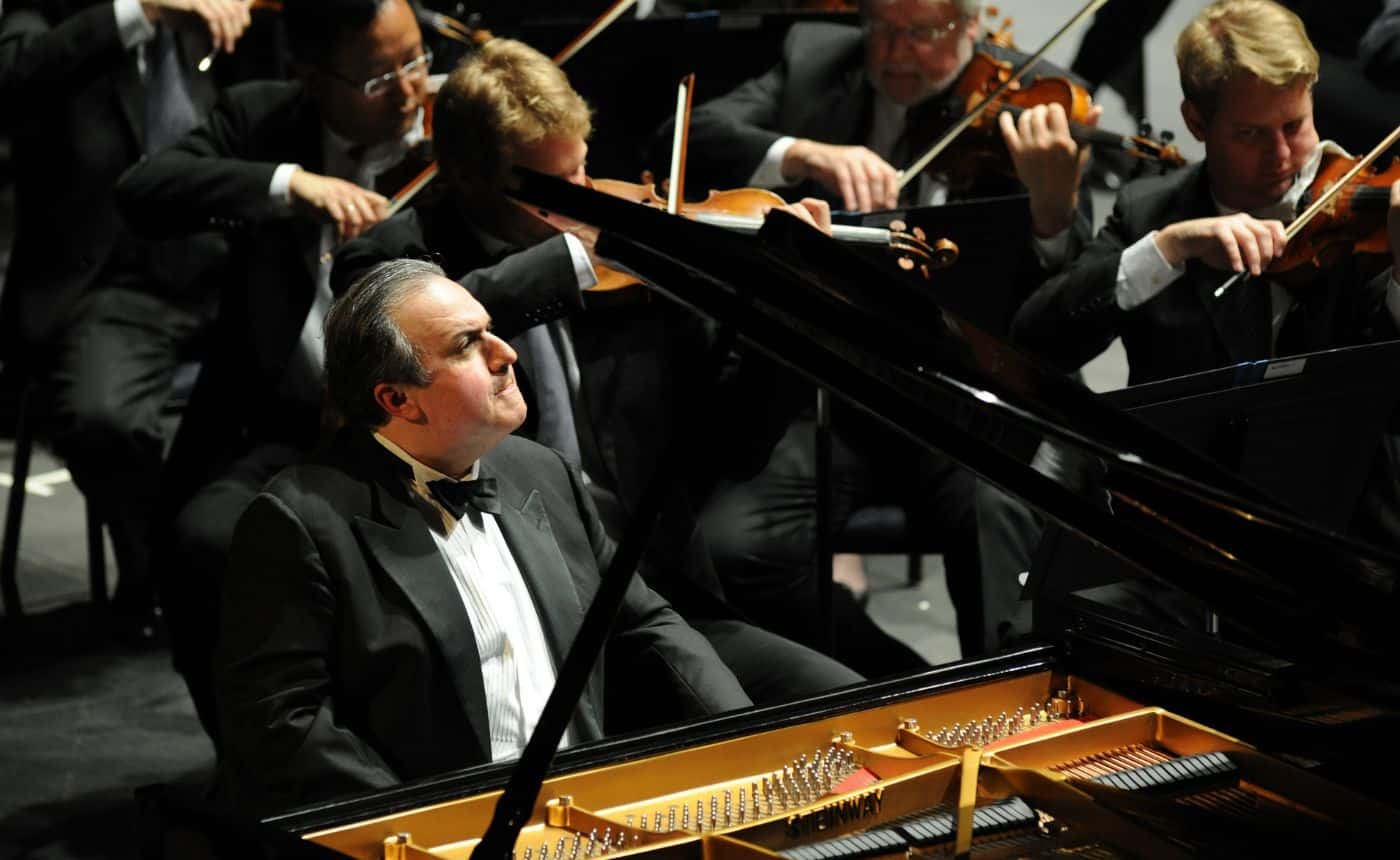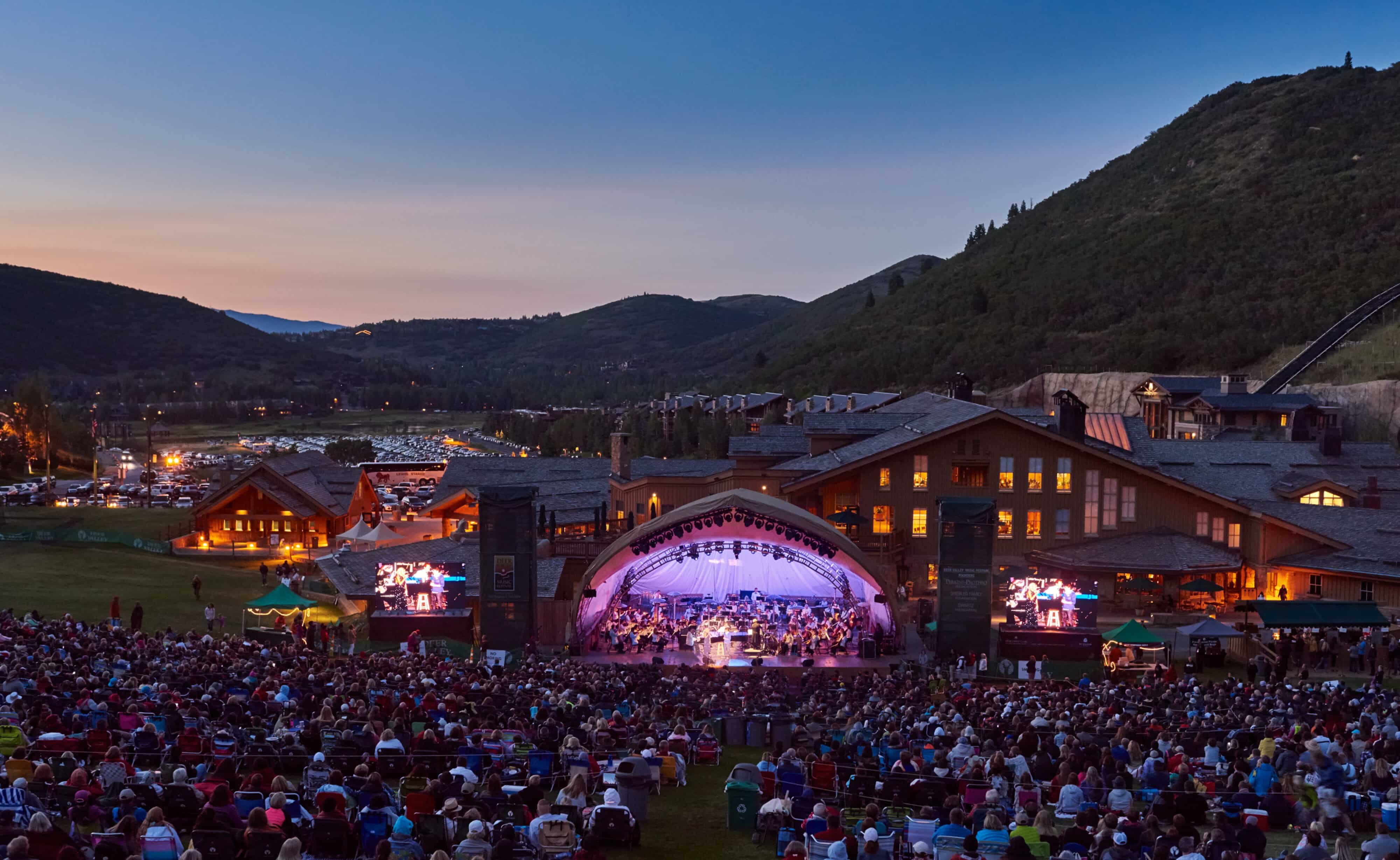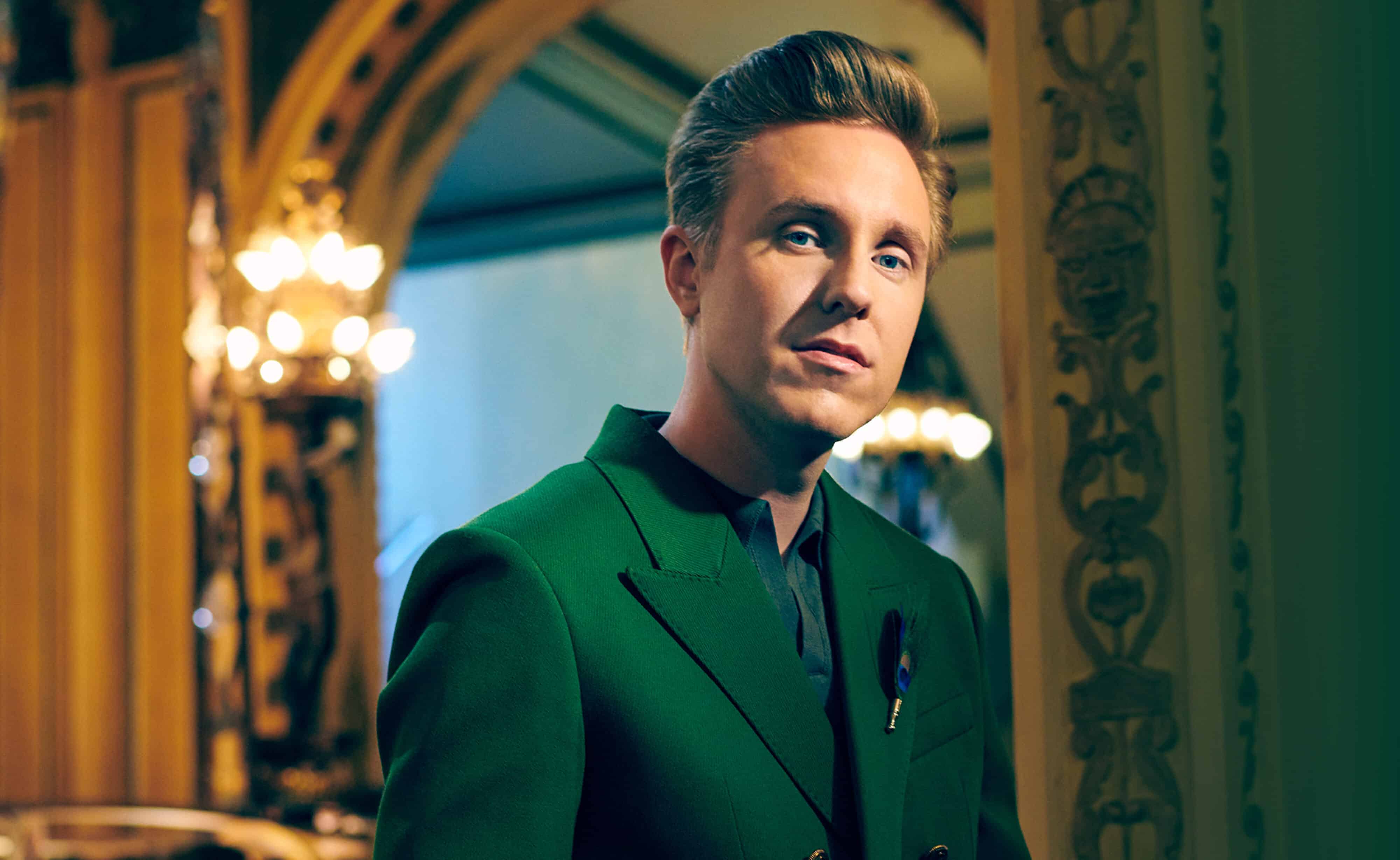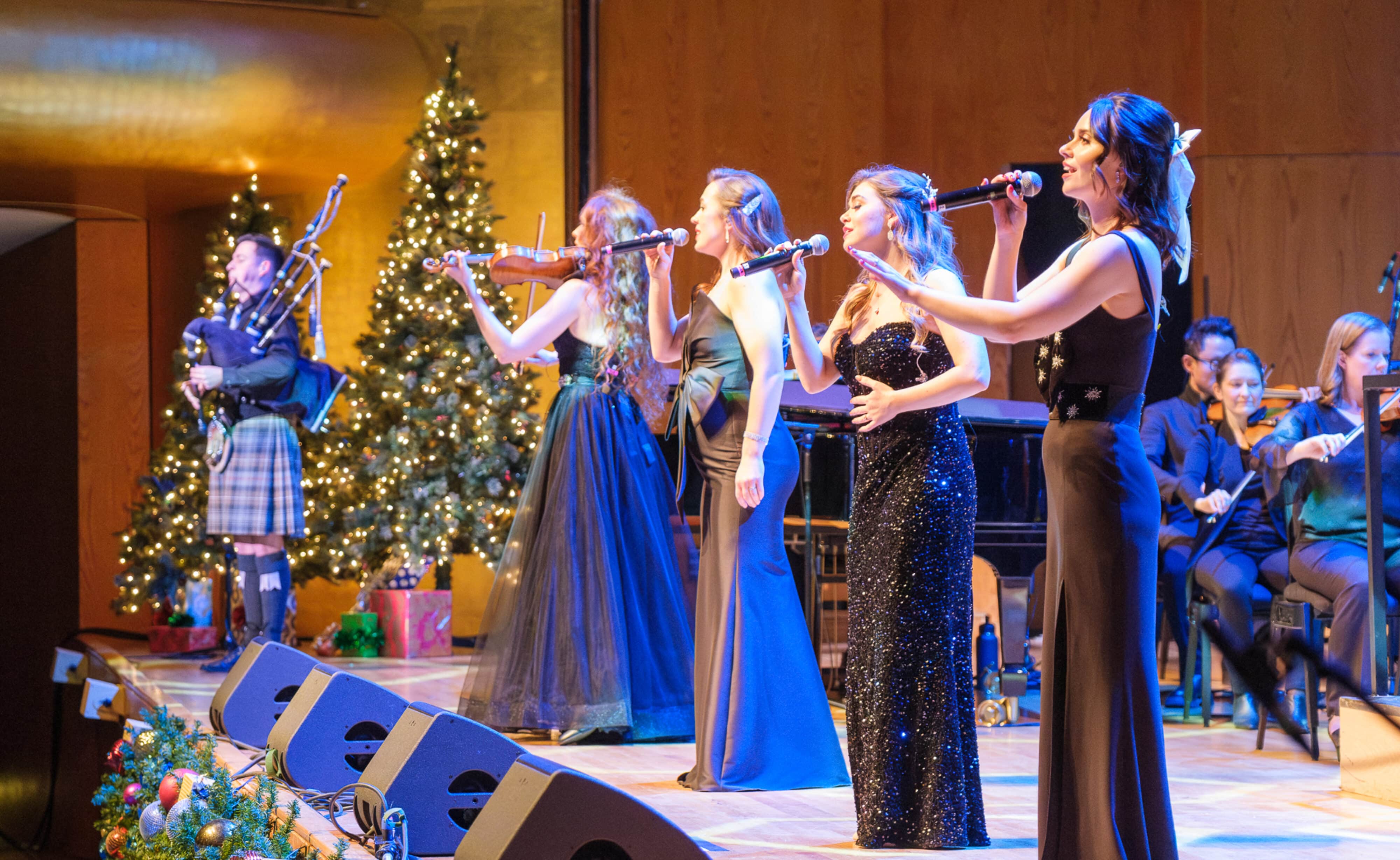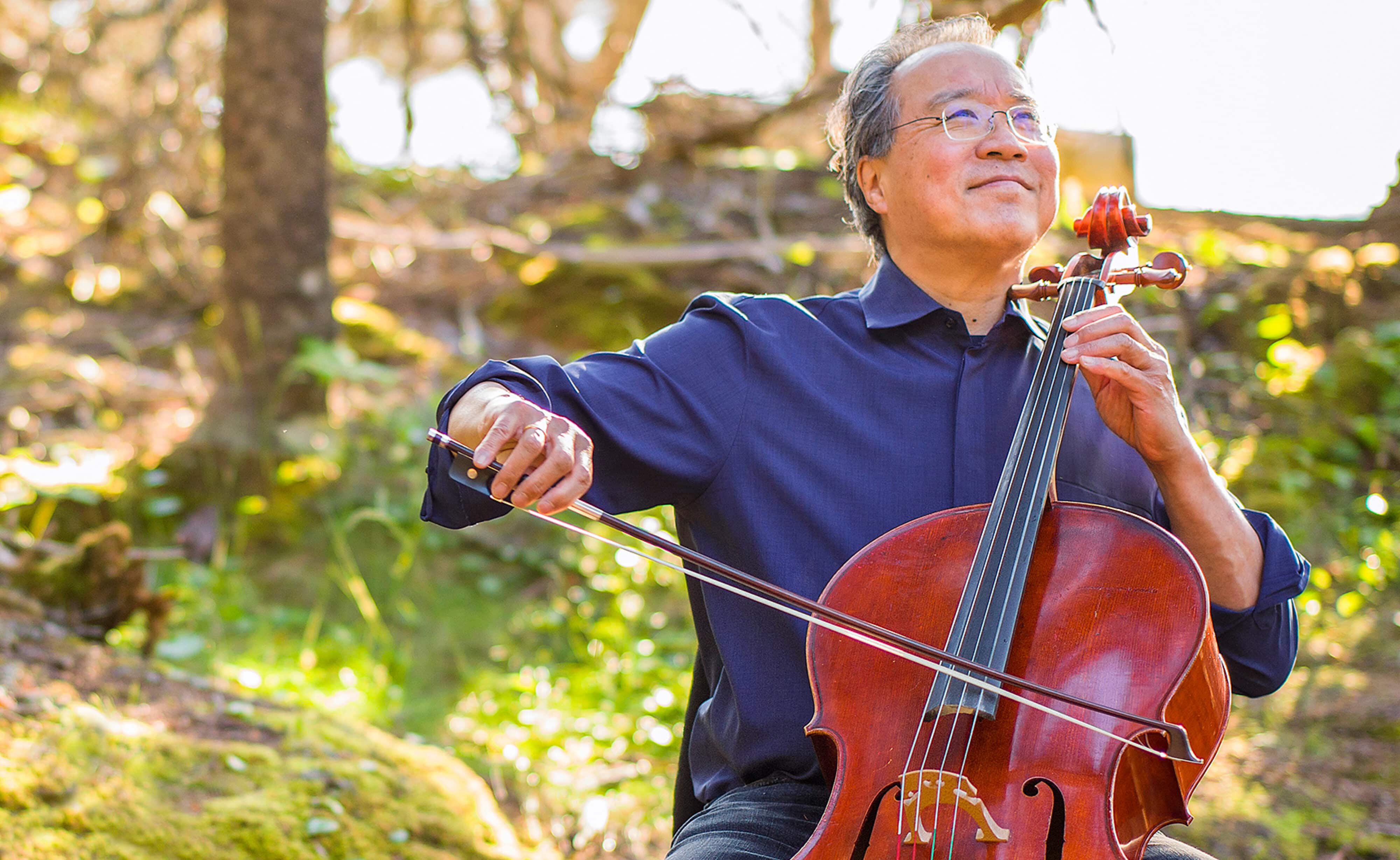STRAVINSKY: Firebird Suite (1919)
by Jeff Counts
THE COMPOSER – IGOR STRAVINSKY (1882–1971) – With the Great War finally over, Stravinsky probably expected his fortunes to rise with the peace tides. They did not, at least not right away. Many of the compositions he had written during the conflagration were done for little or no payment, which meant Stravinsky’s financial circumstances were quite dire in 1919. In an attempt to raise some much-needed cash, he made a new orchestral suite from his ballet The Firebird. It would not be the last time the ever-savvy Stravinsky resorted to such a measure. The practice of reconstituting and reorchestrating older works into marketable suites was one he exploited often during his career.
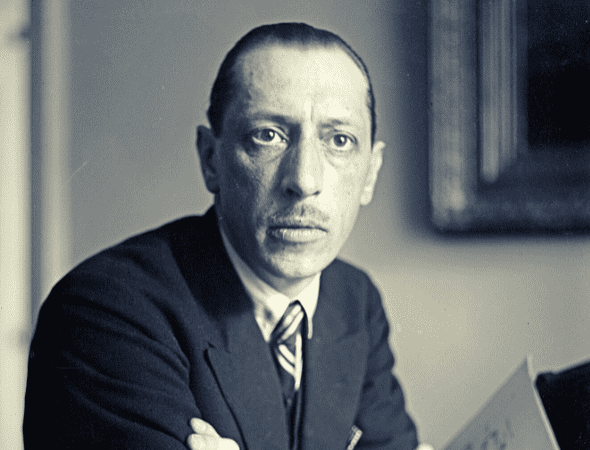
THE HISTORY – The Firebird, based on the captured mythical beast with flaming feathers from Russian folklore, was the piece that put Stravinsky on the international musical map back in 1910. It was a fabulously successful moment in his career that almost didn’t happen. Had not Anatol Liadov been unable to meet the deadline of his Ballets Russes commission, the opportunity to fill in would not have fallen to Stravinsky. And had he not been gifted with such a chance, it is nearly certain the road to The Rite of Spring would not have been so open. Serge Diaghilev, the famous kingmaker and Ballets Russes impresario, knew what he was witnessing. “Mark him well,” he reportedly said at the time, “He is a man on the eve of celebrity.” He was, but as formative experiences go, The Firebird was a lifelong source of mixed emotions for the composer (he even had to sue Warner Brothers for referencing it without permission in a 1936 film, receiving a paltry three cents in victory damages). Stravinsky claimed to have been displeased with his ballet from the start and was known to refer to it in later life as “that audience lollipop.” Despite its success, he was immediately anxious to move beyond the elements of the score that so pleased everyone else—the assimilative “Russianness” of the orchestration first among them. He cursed the music as hopelessly derivative of his training and heritage and in truth it was, but not at all to its detriment. Stravinsky masterfully synthesized the best of his forbears (Tchaikovsky, Rimsky-Korsakov, et al) into something that, despite his own brutal assessments, was wholly fresh and unique. Part of him must have known this deep down. He made three attempts to “rescue” the ballet as a concert suite—right away in 1911, again in 1919, and one final time in 1945. Was Stravinsky happy with it in the end? Probably not, but fortunately our adoration of this great masterpiece depends little on that, and there can be little doubt about how happy he was to be paid more than three cents for it.
THE WORLD – Elsewhere in 1919, Theodore Roosevelt died, the first Silesian Uprising occurred in Poland, as did a revolution in Egypt, and both the rise and fall of the extremely short-lived Hungarian Soviet Republic.
THE CONNECTION – Music from The Firebird is performed often by Utah Symphony on various programs. The most recent presentation of the 1919 Suite was in 2000. Joseph Silverstein conducted.





